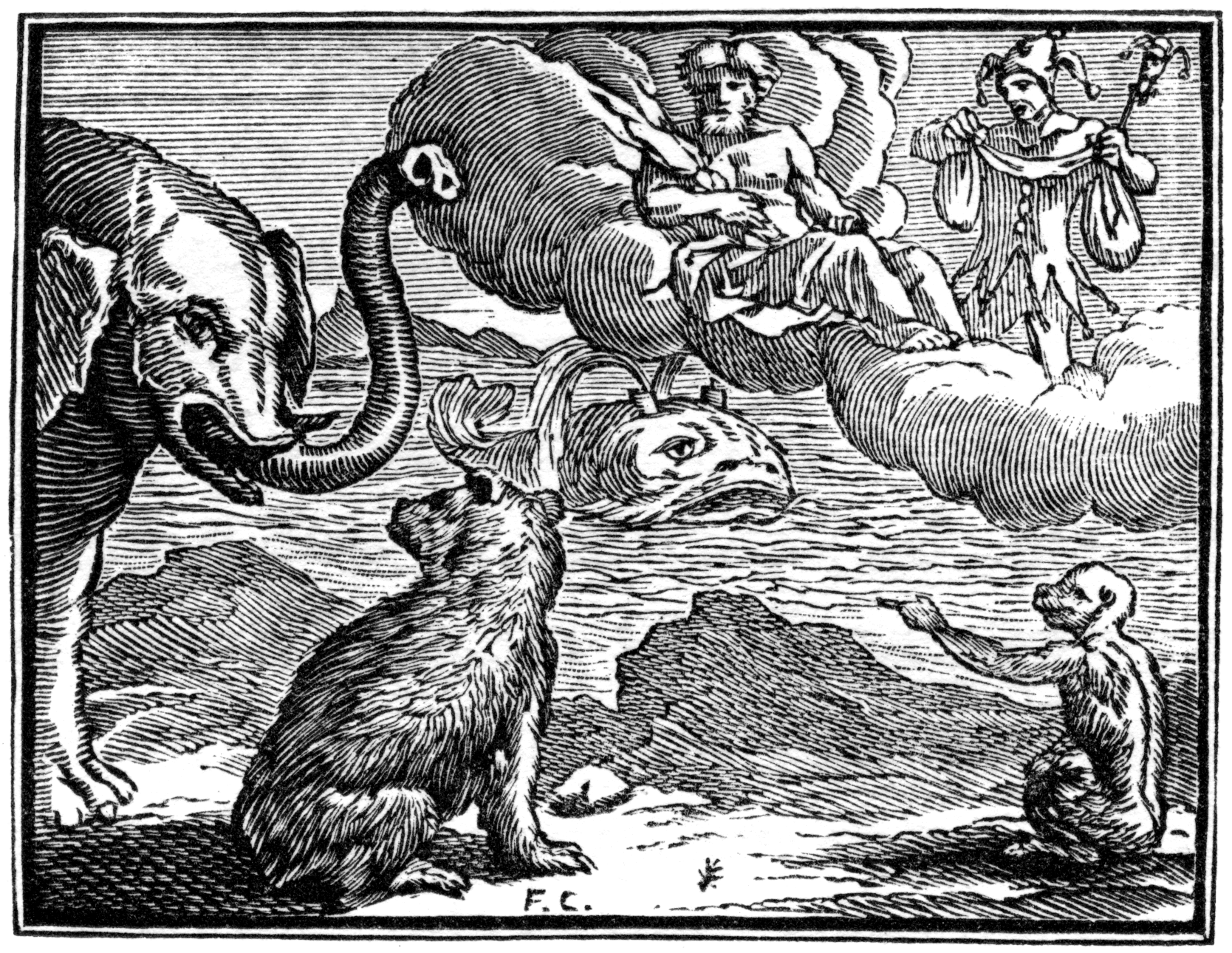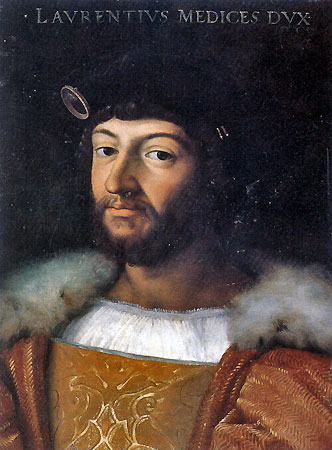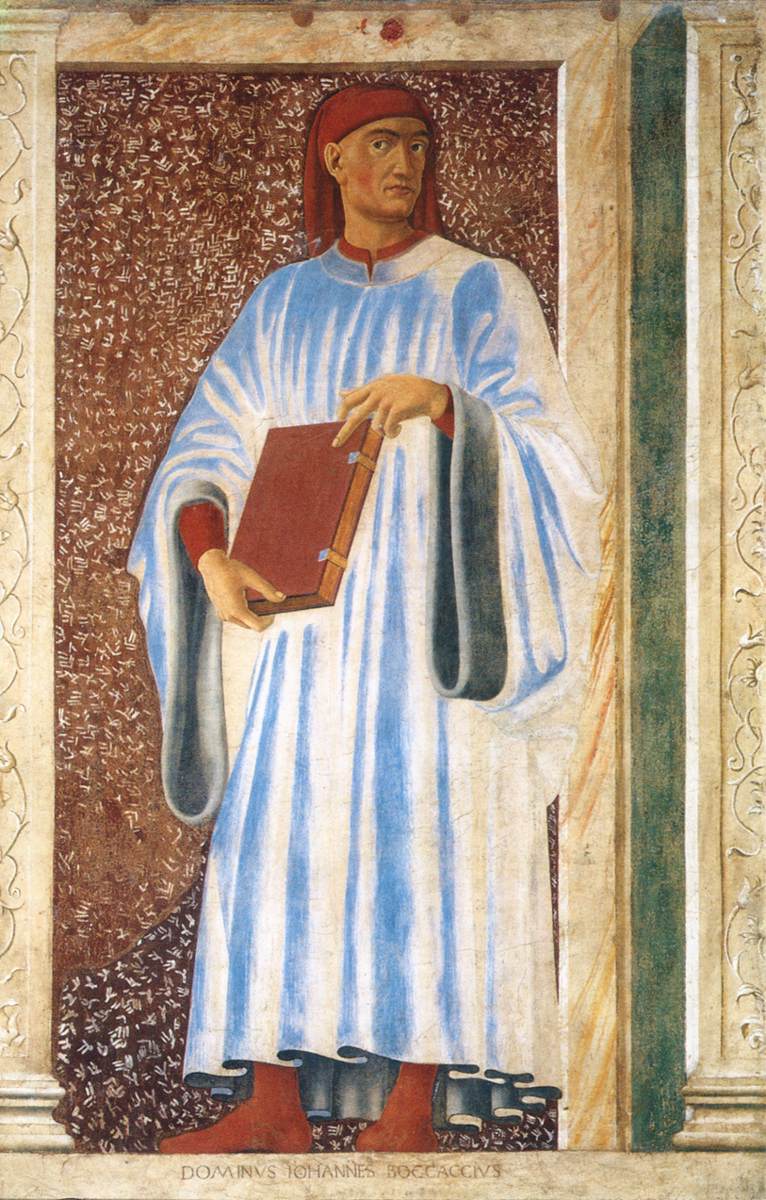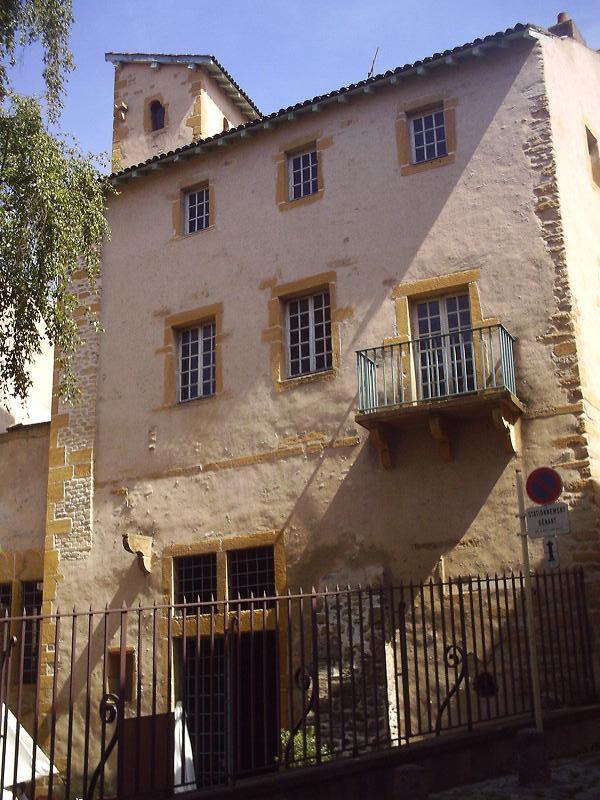|
La Fontaine's Fables
Jean de La Fontaine collected fables from a wide variety of sources, both Western and Eastern, and adapted them into French free verse. They were issued under the general title of Fables in several volumes from 1668 to 1694 and are considered classics of French literature. Humorous, nuanced and ironical, they were originally aimed at adults but then entered the educational system and were required learning for school children. Composition history Divided into 12 books, there are 239 of the ''Fables'', varying in length from a few lines to some hundred, those written later being as a rule longer than those written earlier. The first collection of ''Fables Choisies'' had appeared March 31, 1668, dividing 124 fables into six books over its two volumes. They were dedicated to ''"Monseigneur"'' Louis, Grand Dauphin, Louis, ''le Grand Dauphin'', the six-year-old son of Louis XIV of France and his queen consort Maria Theresa of Spain. By this time, La Fontaine was 47 and known to reader ... [...More Info...] [...Related Items...] OR: [Wikipedia] [Google] [Baidu] |
Chauveau - Fables De La Fontaine - 01-07
Chauveau is a French surname. Notable people with the surname include: *Alexandre Chauveau (1847–1916), lawyer, judge and educator *Auguste Chauveau (1827–1917), professor and veterinarian *Claude François Chauveau-Lagarde (1756–1841), lawyer in Paris *Claude Chauveau (1861-1940), French politician *François Chauveau (1613–1676), French engraver *Jean-Pierre Chauveau (born 1942), a member of the Senate of France *Michel Chauveau (born 1956), French historian and Egyptologist *Pierre-Joseph-Olivier Chauveau (1820–1890), the first premier of the Canadian province of Quebec *Sophie Chauveau (born 1999), a French biathlete *Sylvain Chauveau (born 1971), an instrumental music and electronic music artist and composer from Bayonne, France *Yves Chauveau (born 1945), a French retired professional football goalkeeper See also *Chauveau (electoral district) *Chauveau Point *Pierre Chauveau Medal {{surname, Chauveau French-language surnames ... [...More Info...] [...Related Items...] OR: [Wikipedia] [Google] [Baidu] |
Panchatantra
The ''Panchatantra'' ( IAST: Pañcatantra, ISO: Pañcatantra, , "Five Treatises") is an ancient Indian collection of interrelated animal fables in Sanskrit verse and prose, arranged within a frame story.Panchatantra: Indian Literature , Encyclopaedia Britannica The surviving work is dated to about 300 CE, but the fables are likely much more ancient. The text's author is unknown, but it has been attributed to Vishnu Sharma in some recensions and Vasubhaga in others, both of which may be fictitious pen ... [...More Info...] [...Related Items...] OR: [Wikipedia] [Google] [Baidu] |
Lafontaine Manuscr 02
Lafontaine, French for "the fountain", may refer to: People * Jean de La Fontaine Jean de La Fontaine (, ; ; 8 July 162113 April 1695) was a French Fable, fabulist and one of the most widely read French poets of the 17th century. He is known above all for his ''La Fontaine's Fables, Fables'', which provided a model for subs ... (1621–1695), French fabulist, one of the most widely read French poets of the 17th century * De Lafontaine (1655–1738), French ballerina * Georg Wilhelm Lafontaine (1680–1745), German painter * Ludolph Lafontaine (1704–1774), German painter * August Lafontaine (1758–1831), German writer * Albert Millaud (1844–1892), French journalist and playwright, who wrote under various pseudonyms, including "Lafontaine" * Oskar Lafontaine (born 1943), German politician Places * Lafontaine, Ontario, Canada * Lafontaine, Quebec, Canada * LaFontaine, a provincial electoral district in Quebec, Canada * Lafontaine, Kansas, U.S. * La Fontaine, Indi ... [...More Info...] [...Related Items...] OR: [Wikipedia] [Google] [Baidu] |
Fable
Fable is a literary genre defined as a succinct fictional story, in prose or verse, that features animals, legendary creatures, plants, inanimate objects, or forces of nature that are anthropomorphized, and that illustrates or leads to a particular moral lesson (a "moral"), which may at the end be added explicitly as a concise maxim or saying. A fable differs from a parable in that the latter ''excludes'' animals, plants, inanimate objects, and forces of nature as actors that assume speech or other powers of humankind. Conversely, an animal tale specifically includes talking animals as characters. Usage has not always been so clearly distinguished. In the King James Version of the New Testament, "" ("'' mythos''") was rendered by the translators as "fable" in the First Epistle to Timothy, the Second Epistle to Timothy, the Epistle to Titus and the First Epistle of Peter. A person who writes fables is referred to as a fabulist. Global history The fable is one of the m ... [...More Info...] [...Related Items...] OR: [Wikipedia] [Google] [Baidu] |
Niccolò Machiavelli
Niccolò di Bernardo dei Machiavelli (3 May 1469 – 21 June 1527) was a Florentine diplomat, author, philosopher, and historian who lived during the Italian Renaissance. He is best known for his political treatise '' The Prince'' (), written around 1513 but not published until 1532, five years after his death. He has often been called the father of modern political philosophy and political science. For many years he served as a senior official in the Florentine Republic with responsibilities in diplomatic and military affairs. He wrote comedies, carnival songs, and poetry. His personal correspondence is also important to historians and scholars of Italian correspondence. He worked as secretary to the second chancery of the Republic of Florence from 1498 to 1512, when the Medici were out of power. After his death Machiavelli's name came to evoke unscrupulous acts of the sort he advised most famously in his work, ''The Prince''. He concerned himself with the ways a ruler ... [...More Info...] [...Related Items...] OR: [Wikipedia] [Google] [Baidu] |
Torquato Tasso
Torquato Tasso ( , also , ; 11 March 154425 April 1595) was an Italian poet of the 16th century, known for his 1591 poem ''Gerusalemme liberata'' (Jerusalem Delivered), in which he depicts a highly imaginative version of the combats between Christians and Muslims at the end of the First Crusade, during the Siege of Jerusalem (1099), Siege of Jerusalem of 1099. Tasso had mental illness and died a few days before he was to be Poet laureate, crowned on the Capitoline Hill as the king of poets by Clement VIII, Pope Clement VIII. His work was widely translated and adapted, and until the beginning of the 20th century, he remained one of the most widely read poets in Europe. Biography Early life Born in Sorrento, Torquato was the son of Bernardo Tasso, a nobleman of Bergamo and an epic and lyric poet of considerable fame in his day, and his wife Porzia de Rossi, a noblewoman born in Naples of Tuscany, Tuscan origins. His father had for many years been secretary in the service of ... [...More Info...] [...Related Items...] OR: [Wikipedia] [Google] [Baidu] |
Ludovico Ariosto
Ludovico Ariosto (, ; ; 8 September 1474 – 6 July 1533) was an Italian poet. He is best known as the author of the romance epic '' Orlando Furioso'' (1516). The poem, a continuation of Matteo Maria Boiardo's ''Orlando Innamorato'', describes the adventures of Charlemagne, Orlando, and the Franks as they battle against the Saracens with diversions into many sideplots. The poem is transformed into a satire of the chivalric tradition. Ariosto composed the poem in the ottava rima rhyme scheme and introduced narrative commentary throughout the work. Ariosto also coined the term "humanism" (in Italian, ''umanesimo'') for choosing to focus upon the strengths and potential of humanity, rather than only upon its role as subordinate to God. This led to Renaissance humanism. Birth and early life Ariosto was born in Reggio nell'Emilia, where his father Niccolò Ariosto was commander of the citadel. He was the oldest of 10 children and was seen as the successor to the patriarchal ... [...More Info...] [...Related Items...] OR: [Wikipedia] [Google] [Baidu] |
Giovanni Boccaccio
Giovanni Boccaccio ( , ; ; 16 June 1313 – 21 December 1375) was an Italian people, Italian writer, poet, correspondent of Petrarch, and an important Renaissance humanism, Renaissance humanist. Born in the town of Certaldo, he became so well known as a writer that he was sometimes simply known as "the Certaldese" and one of the most important figures in the European literary panorama of the 14th century, fourteenth century. Some scholars (including Vittore Branca) define him as the greatest European prose writer of his time, a versatile writer who amalgamated different literary trends and genres, making them converge in original works, thanks to a creative activity exercised under the banner of experimentalism. His most notable works are ''The Decameron'', a collection of short stories, and ''De Mulieribus Claris, On Famous Women''. ''The Decameron'' became a determining element for the Italian literary tradition, especially after Pietro Bembo elevated the Boccaccian styl ... [...More Info...] [...Related Items...] OR: [Wikipedia] [Google] [Baidu] |
Bonaventure Des Périers
Bonaventure des Périers (1544) was a French writer. Biography He was born of a noble family at Arnay-le-duc in Burgundy at the end of the fifteenth century. The circumstances of his education are sketchy, but it is known that he was attached to various noble houses in the capacity of tutor. In 1533 or 1534 Des Périers visited Lyon, then the most enlightened town of France, and a refuge for many liberal scholars who might elsewhere have had to suffer for their opinions. He gave some assistance to Robert Olivetan and Lefèvre d'Etaples in the preparation of the vernacular version of the Old Testament, and to Etienne Dolet in the ''Commentarii linguae latinae''. In 1536 he put himself under the protection of Marguerite de Navarre, queen of Navarre, who made him her '' valet de chambre''. He acted as the queen's secretary, and transcribed the ''Heptaméron'' for her. It is probable that his duties extended beyond those of a mere copyist, and some writers have gone so far ... [...More Info...] [...Related Items...] OR: [Wikipedia] [Google] [Baidu] |
Mathurin Régnier
Mathurin Régnier (December 21, 1573 – October 22, 1613) was a French satirist. Life Régnier was born in Chartres, which at that time was part of the Orléanais. His father, Jacques Régnier, was a bourgeois of good means and position; his mother, Simone Desportes, was the sister of the poet Philippe Desportes. Desportes, who was richly beneficed and in great favor at court, seems to have been regarded as Mathurin Régnier's natural protector and patron; and the boy himself, with a view to his following in his uncle's steps, was tonsured at eight years old. Little is known of his youth, and it is chiefly conjecture which fixes the date of his visit to Italy in a humble position in the suite of the cardinal, François de Joyeuse, in 1587. The cardinal was accredited to the papal court in that year as protector of the royal interests. Regnier found his duties irksome, and when, after many years of constant travel in the cardinals service, he returned definitely to France abo ... [...More Info...] [...Related Items...] OR: [Wikipedia] [Google] [Baidu] |
Clément Marot
Clément Marot (23 November 1496 – 12 September 1544) was a French Renaissance poet. He was influenced by the writers of the late 15th century and paved the way for the Pléiade, and is undoubtedly the most important poet at the court of Francis I. Despite the support of Marguerite de Valois-Angoulême (1492-1549), the king’s sister, his strong leanings toward the Reformation led to several imprisonments and two periods of exile. Biography Youth Marot was born at Cahors, the capital of the province of Quercy, some time during the winter of 1496–1497. His father, Jean Marot (c. 1463-1523), whose more correct name appears to have been des Mares, Marais or Marets, was a Norman from the Caen region and was also a poet. Jean held the post of ''escripvain'' (a cross between poet laureate and historiographer) to Anne of Brittany, Queen of France. Clément was the child of his second wife. The boy was "brought into France" — it is his own expression, and is not ... [...More Info...] [...Related Items...] OR: [Wikipedia] [Google] [Baidu] |
François Rabelais
François Rabelais ( , ; ; born between 1483 and 1494; died 1553) was a French writer who has been called the first great French prose author. A Renaissance humanism, humanist of the French Renaissance and Greek scholars in the Renaissance, Greek scholar, he attracted opposition from both Protestant theologian John Calvin and from the hierarchy of the Catholic Church. Though in his day he was best known as a physician, scholar, diplomat, and Catholic priest, later he became better known as a satirist for his depictions of the grotesque, and for his larger-than-life characters. Living in the religious and political turmoil of the Reformation, Rabelais treated the great questions of his time in his novels. Rabelais admired Erasmus and like him is considered a Christian humanism, Christian humanist. He was critical of medieval scholasticism and lampooned the abuses of powerful princes and popes. Rabelais is widely known for the first two volumes relating the childhoods of the gia ... [...More Info...] [...Related Items...] OR: [Wikipedia] [Google] [Baidu] |







